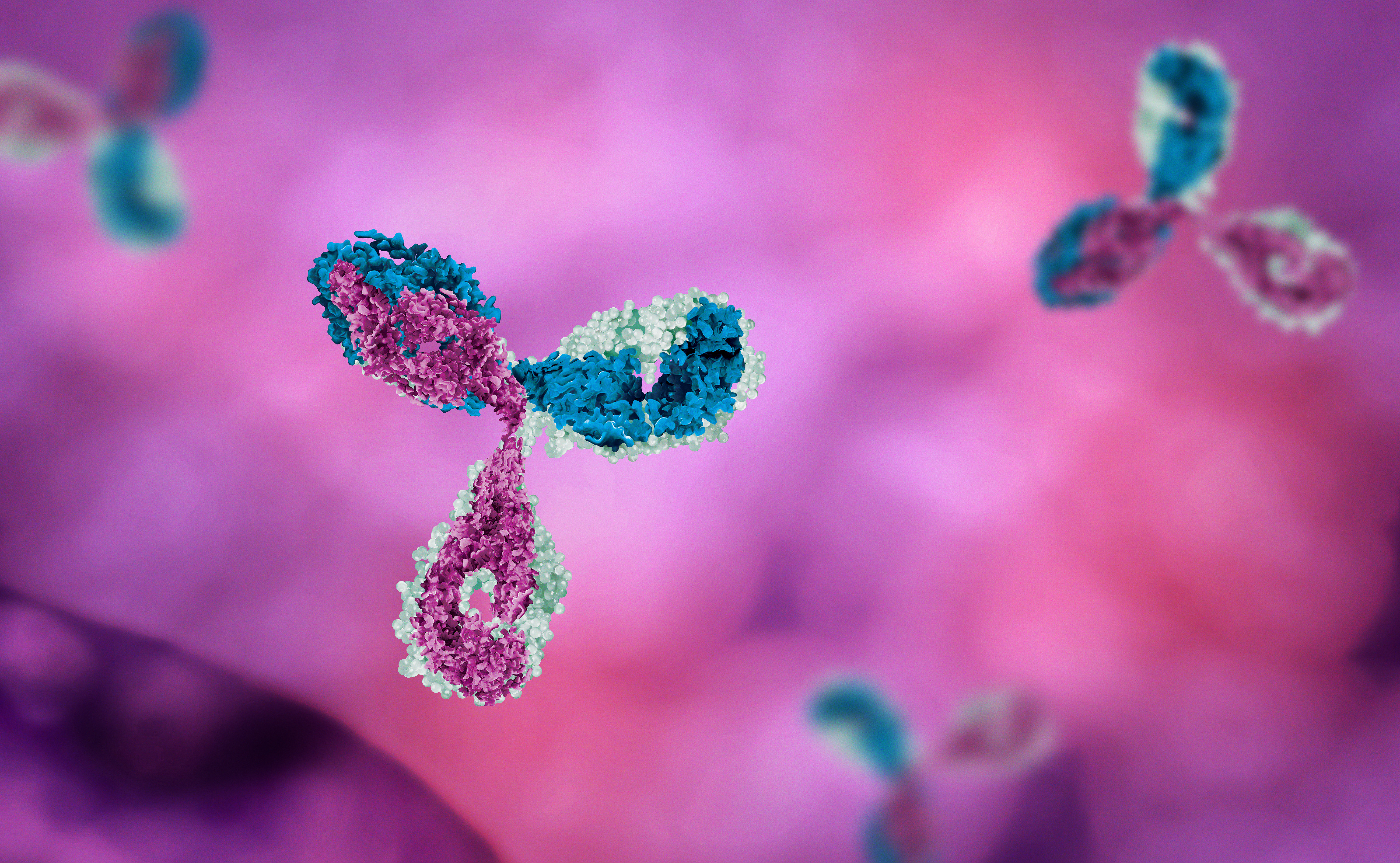
For those of us who can’t function without our morning coffee, there have been some promising developments in the field of Cellular Agriculture which may help to combat the predicted impacts of climate change.
We’ve been speaking about developments in Cellular Agriculture for a while now, including meat, fish and pet food, as well as the challenges faced by those innovating in this area. Excitingly, the newest addition to the list is a widely beloved one: Coffee.
What started out as a luxury product has become what feels like a daily (or even hourly) necessity for many of us. However, coffee is predicted to be hit hard by climate change in the coming years. Fortunately, scientists are working hard to safeguard our favourite caffeine-fix with new technology which would allow coffee to be made in the lab.
It's not a completely new idea to “grow” coffee in the lab. As early as the 1970s, Canadian scientist P.M. Townsley grew coffee plant cuttings on agar plates. Since then, the technology has come a long way, helped along by the recent(ish) explosion of innovation in the area of Cellular Agriculture.
By taking a handful of cells from the best coffee plants and growing these up in the lab, scientists are able to produce large quantities of coffee cells without needing to grow the whole plant. Not to mention, this can be done in a much shorter timeframe (we’re talking days as opposed to months).
As the world’s largest coffee consumer, it is unsurprising that some of the earliest innovation in this area appears to have begun in Finland. Researchers at VTT successfully produced coffee cells in a bioreactor using cellular agriculture which smelled and tasted like conventional coffee in 2021.
Since then, they have even published their detailed process as a proof-of-concept and encourage others to join in pioneering this new type of coffee production (having taken the appropriate steps to protect their intellectual property before publishing, of course).
Paris-based startup STEM are one such company to join the call to arms, having collaborated with VTT from early on in their process.
Interestingly, STEM have also embraced the transparency approach adopted by VTT, publishing their own preliminary findings from analysis experiments examining the cell-cultured coffee produced by VTT “to level the playing field and initiate fair competition”.
Another company making a name for themselves in this field is Israeli company Pluri Agtech, the vertical business of parent company Pluri Biotech, which seeks to use breakthrough cellular agriculture technology to create more eco-friendly alternatives to traditional farming methods. When compared with traditional methods of coffee production, Pluri’s cell-based coffee is estimated to cut water usage by as much as 98%.
Earlier this year, Pluri announced that they had received the first-ever patent approval for 3D bioreactor technology in plant cell cultivation for their Israeli patent titled “A System for 3D Cultivation of Plant Cells and Methods of Use”, positioning themselves as a leader in plant cellular agriculture.
Pluri won’t be limiting the use of their technology to just producing coffee – their patented technology using a packed-bed bioreactor could theoretically be applied to any industry that requires mass cell production.
California Cultured specialise in using a similar technique to produce not just coffee, but also another well-loved brown-coloured substance… chocolate. California Cultured CEO and Founder Alan Perlstein has described what they do as “a cross between clean meat and vertical agriculture”.
They grow the cells in Bioreactors which are designed to mimic the conditions of the rainforests where the coffee and cacao plants naturally grow, and feed the cells with a broth of “natural plant nutrients”. The very strict regulations surrounding food products often pose an issue for companies working in the Cellular Agriculture space, so circumventing this by using naturally occurring compounds such as plant hormones to encourage cell growth has great implications for regulatory approval. It also has the added benefit of appealing to consumers who are becoming more and more conscious of what goes into the food we eat.
What’s next?
There’s still some time before we will start seeing lab-grown coffee appearing on supermarket shelves. As with all cellular agriculture products, securing approval from regulators and persuading large numbers of customers to consume “lab-grown” products remain key challenges. There are also additional processes involved in coffee production, such as roasting, that have been perfected for use with coffee beans and will need adapting or rethinking for use with coffee cells produced in the lab.
However, there are clear benefits on the horizon if and when commercially viable lab-grown coffee products do start to become available. In addition to circumventing the issues of climate change, coffee produced by cellular agriculture would allow for more regional self-sufficiency in areas with climates that are not suitable for traditional coffee bean farming, both helping supply the ever-growing market demand and greatly reducing ‘food miles’. It also has the benefit that it doesn’t require any sort of genetic modification, as the cells are just taken from a normal coffee plant, and therefore avoids any regulatory issue in this respect. Finally, the actual production process has the potential to be more sustainable than traditional agriculture, for example through reduced water consumption (e.g. the water can be collected and re-used) or the use of renewable energy to power the bioreactors.
As with any well-loved product, there will surely be some people for whom nothing but the original will do. But, for those of us who don’t shiver at the idea of giving up our bean-to-cup machine, lab-grown coffee could be on the menu in the not-too-distant future.
Lauren is a trainee patent attorney working in our Life Sciences team. Lauren has a degree in Biochemistry from the University of York. She undertook a one year industry research placement in neurodegenerative diseases at the DZNE in Bonn. Her undergraduate research project focused on developing hydrogel biomaterials for stem cell growth. Following her degree, Lauren spent 18 months doing academic research at the Institute of Prion Diseases, specialising in whole-organ imaging.
Email: lauren.woolley@mewburn.com
Sign up to our newsletter: Forward - news, insights and features
Our people
Our IP specialists work at all stage of the IP life cycle and provide strategic advice about patent, trade mark and registered designs, as well as any IP-related disputes and legal and commercial requirements.
Our peopleContact Us
We have an easily-accessible office in central London, as well as a number of regional offices throughout the UK and an office in Munich, Germany. We’d love to hear from you, so please get in touch.
Get in touch

